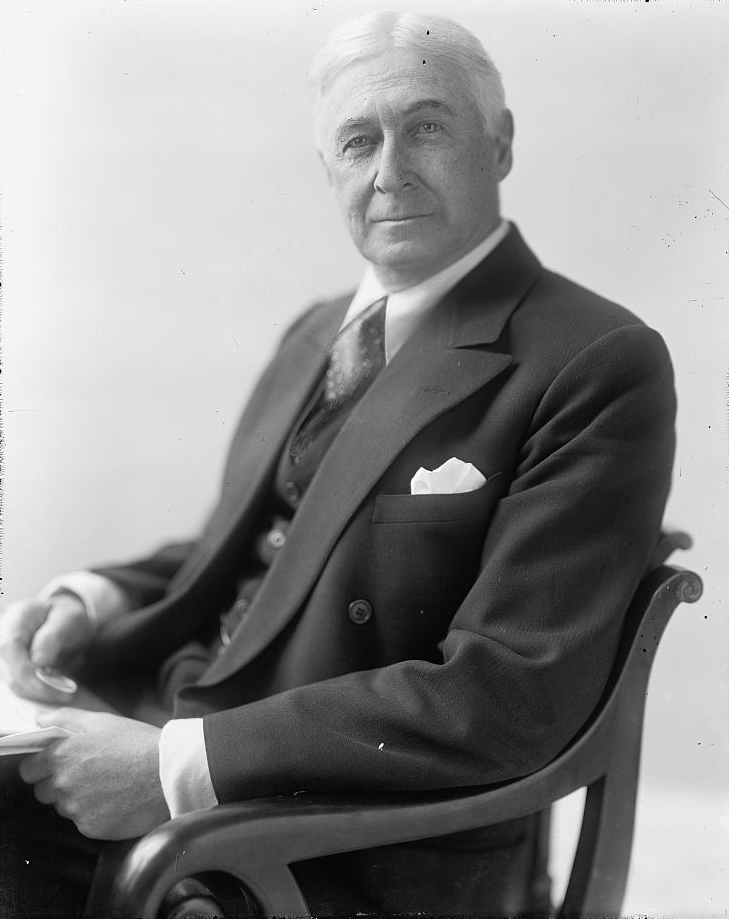Bernard Baruch was an American financier and foreign policy adviser to Presidents Wilson, Roosevelt, and Truman.
After becoming attaining great success as an investor, Baruch left Wall Street in 1916 to advise President Woodrow Wilson on issues of foreign policy and national defense. During the Second World War, his close personal friend, President Franklin Roosevelt, tapped him as an adviser. In 1943, Roosevelt offered Baruch the chance to lead the War Production Board, before ultimately reneging.
The Baruch Plan
In 1946, President Harry Truman named Baruch the United States’ representative to the United Nations Atomic Energy Commission (UNAEC.) As representative, he deviated sharply from the ideological tenets of the Acheson-Lilienthal plan for international control of atomic energy. Going against the sentiments of Robert Oppenheimer and the scientific community, Baruch instead advocated to the UN for an American monopoly on atomic energy.
This plan, devised with the assistance of some of Baruch’s Wall Street associates, was vetoed by the Soviet Union. As the Cold War intensified and nuclear weapons swiftly proliferated around the world, Oppenheimer and others roundly criticized Baruch’s presentation to UNAEC. American Secretary of State Dean Acheson said of the plan, “It was his [Baruch’s] ball and he balled it up…He pretty well ruined the whole thing.”
Bernard Baruch's Timeline
1870 Aug 19th Born in Camden, SC.
19161918 Served as a foreign policy adviser to President Woodrow Wilson.
1946 Jun 14th Presented the "Baruch Plan" to the United Nations Atomic Energy Commission.
1965 Jun 20th Died in New York, NY.





